Blockchain PayPal: The Future of Finance
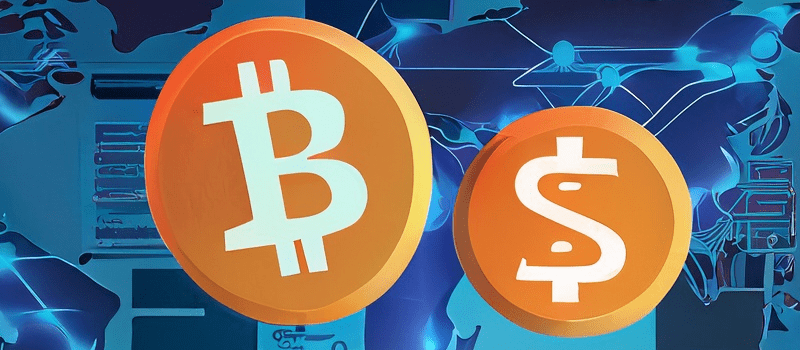
As the world of finance continues to evolve at an unprecedented pace, one cannot help but be captivated by the potential of blockchain technology and cryptocurrencies. In this article, we delve into the exciting realm of PayPal’s integration of blockchain and cryptocurrency, a move that has the potential to revolutionize the way we transact and store value.
Join me as we explore the implications of this groundbreaking development, uncovering the possibilities it holds for the future of finance and the opportunities it presents for individuals and businesses alike.
Introduction
PayPal has been at the forefront of digital payments and financial services for over 20 years. Recently, the company has also embraced blockchain technology and cryptocurrencies in a major way.
Some key events in PayPal’s blockchain and crypto timeline:
-
2014: PayPal becomes one of the first major payments companies to accept bitcoin through integration with Coinbase.
-
2020: PayPal launches the ability for users to buy, sell, and hold cryptocurrencies including Bitcoin, Ethereum, Bitcoin Cash and Litecoin directly through PayPal.
“The shift to digital forms of currencies is inevitable, bringing with it clear advantages in terms of financial inclusion and access; efficiency, speed and resilience of the payments system; and the ability for governments to disburse funds to citizens quickly.” – PayPal CEO Dan Schulman
-
2022: PayPal enables transfers of crypto funds to and from external wallets and exchanges.
PayPal believes that “the rise of blockchain and cryptocurrencies is an important development and a core pillar of PayPal’s ambition to shape the future of financial services and commerce.” The company aims to bring digital asset products and services seamlessly to its broad user base.
This article will examine PayPal’s blockchain and cryptocurrency offerings in more detail, including the customer value provided, key limitations, and predictions for the future.
PayPal’s Blockchain and Cryptocurrency Offerings
PayPal allows its users to engage in a range of cryptocurrency activities directly through their PayPal account:
-
Buying and selling crypto – Users can buy, hold and sell Bitcoin, Ethereum, Bitcoin Cash and Litecoin.
“You can easily buy, hold and sell cryptocurrencies—like Bitcoin, Ethereum, Bitcoin Cash and Litecoin—right from your PayPal account.” Source
-
Secure storage – Cryptocurrencies purchased on PayPal are stored securely in PayPal’s custodial wallets.
-
Learn about crypto – PayPal provides information and educational resources to users new to cryptocurrencies.
-
Paying with crypto – Users can checkout with crypto as a funding source at any of PayPal’s 29 million merchants.
“Customers who hold crypto in their PayPal wallets can easily convert their holdings into fiat currency at checkout to make purchases online, in store where available, or on their mobile phone by using their PayPal QR codes.” Source
-
Transferring crypto – In 2022, PayPal enabled transfers of crypto to and from external crypto wallets and exchanges.
PayPal leverages blockchain technology to record and verify all cryptocurrency transactions within its platform. The company sees cryptocurrencies as the future of digital payments and has fully embraced them within its offerings.
Advantages of PayPal’s Cryptocurrency Features
PayPal offering cryptocurrency services directly through its platform provides some key advantages to users:
-
Mainstream adoption – By integrating crypto into its well-known payments app, PayPal has helped introduce cryptocurrencies to the average consumer in a user-friendly way.
“Our global reach, digital payments expertise, and knowledge of consumer and businesses, combined with rigorous security and compliance controls provides us the unique opportunity, and the responsibility, to help people in the UK to explore cryptocurrency.” Source
-
Secure storage – PayPal provides secure storage of crypto balances within users’ accounts, protected by their encryption and security measures.
-
Low fees – PayPal does not charge fees for holding crypto and has competitive buy/sell fees compared to some other exchanges.
-
Fiat on-ramp – Users can easily use fiat currency like GBP or USD to purchase crypto within PayPal.
-
Fiat off-ramp – Crypto can be easily sold back to fiat currency inside PayPal to fund user’s accounts.
-
Merchant acceptance – Users can spend crypto at PayPal’s millions of merchants online and in-store.
By bringing crypto into the mainstream payments world, PayPal unlocks unique advantages for average consumers looking to explore cryptocurrency.
Limitations of PayPal’s Cryptocurrency Offerings
While PayPal has made significant strides in supporting cryptocurrencies, there are still some limitations to its current crypto offerings:
-
Limited assets – PayPal currently only supports Bitcoin, Ethereum, Litecoin and Bitcoin Cash. Many other popular cryptos like Solana, Cardano, etc. are not yet supported.
-
No withdrawals – Until recently, it was not possible to withdraw crypto bought on PayPal to external wallets.
“PayPal has restricted transfers out of the PayPal cryptocurrency system since its launch in 2020.” Source
-
No DeFi access – PayPal does not allow interaction with decentralized finance protocols for lending, staking, etc.
-
No control of keys – PayPal holds the private keys controlling user’s cryptocurrency, not the users themselves.
-
Account freeze risk – PayPal can freeze cryptocurrency holdings within user accounts in cases of suspected illegal activity.
While PayPal has made crypto more user-friendly, users sacrifice some degree of flexibility and control compared to holding crypto directly themselves or using an exchange.
The Future of Blockchain at PayPal
PayPal is likely to continue expanding its blockchain and cryptocurrency capabilities in the future:
-
Support for more cryptos – PayPal will likely add support for additional major cryptocurrencies beyond its current offerings.
-
NFT support – PayPal could integrate ability to buy, sell and hold NFTs as crypto use cases expand.
“How can we start to entertain those things in a way that makes crypto more relatable to my average customer?” – PayPal CEO Dan Schulman on considering NFT support.
-
Stablecoin issuance – PayPal has discussed potentially issuing their own stablecoin cryptocurrency tied to the US dollar.
-
Decentralized finance – PayPal may look to integrate decentralized crypto services like lending or staking.
-
Smart contract capabilities – PayPal could leverage smart contract automation for things like buyer/seller protections.
-
Business operations – Blockchain solutions could be used internally for things like cross-border payments between PayPal subsidiaries.
PayPal is likely to leverage both cryptocurrencies and the underlying blockchain technology to improve its product offerings and business processes.
Conclusion
In summary, PayPal has taken a major step towards cryptocurrency and blockchain adoption by integrating support for buying, holding and selling major cryptocurrencies directly within its platform.
Key takeaways:
- PayPal allows account holders to easily buy, sell and hold crypto assets like Bitcoin and Ethereum.
- Cryptocurrencies are stored securely in PayPal’s custodial wallets.
- Users can spend crypto balances to make purchases at PayPal’s 29 million merchants.
- Transfers of crypto to and from external wallets enabled in 2022.
- PayPal provides an easy mainstream on-ramp for crypto, but with limitations around control and supported assets.
- Further PayPal blockchain integrations expected around NFTs, DeFi, stablecoins, smart contracts and more.
PayPal is positioned at the intersection between traditional finance and emerging blockchain technology. By bridging these worlds, PayPal can drive mainstream adoption and understanding of cryptocurrencies and their underlying blockchain technology.


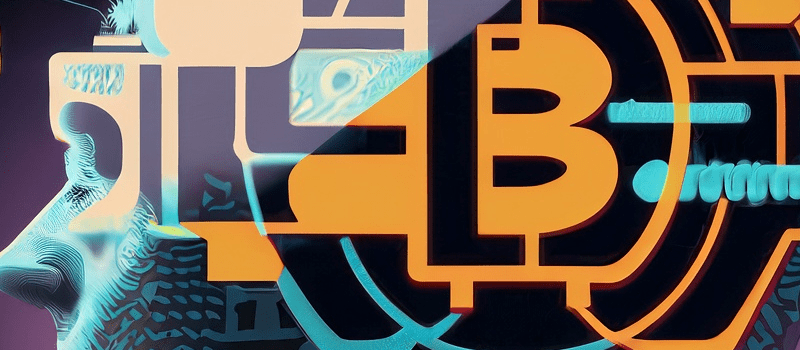
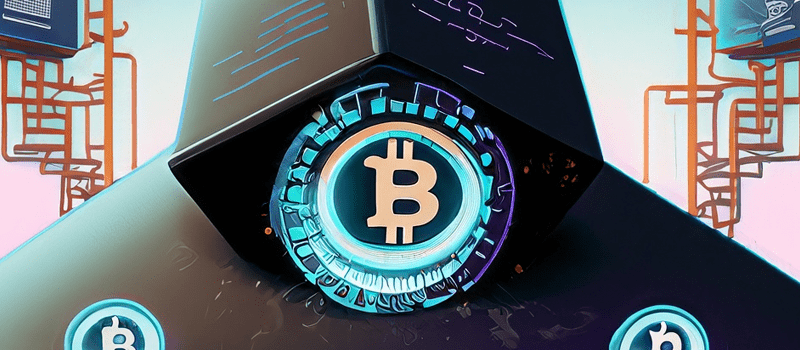
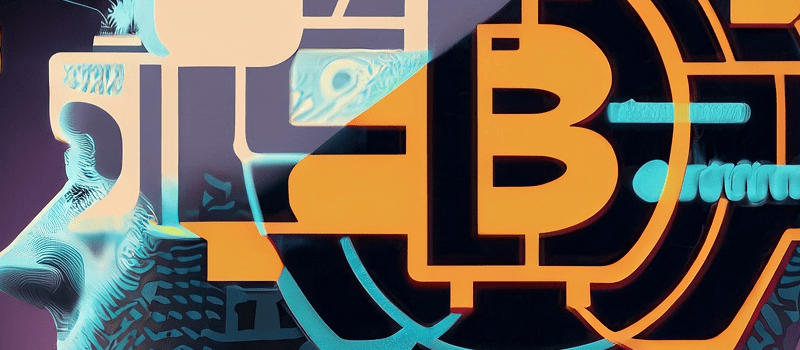
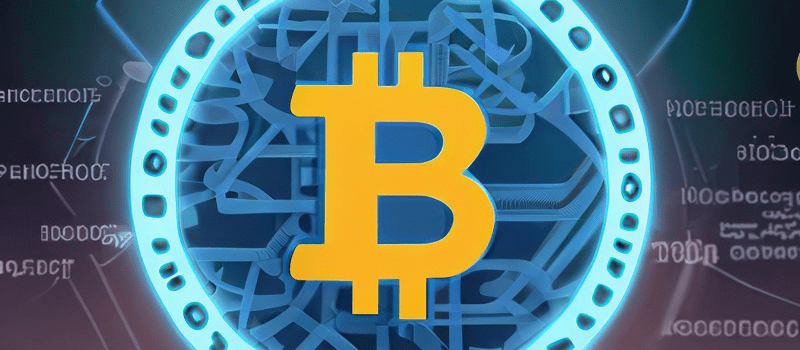
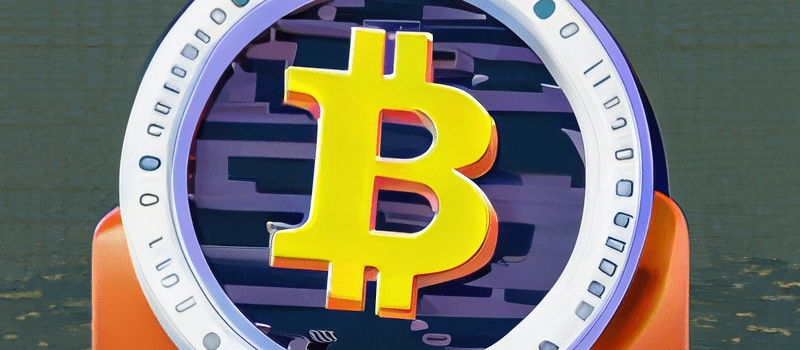
Responses